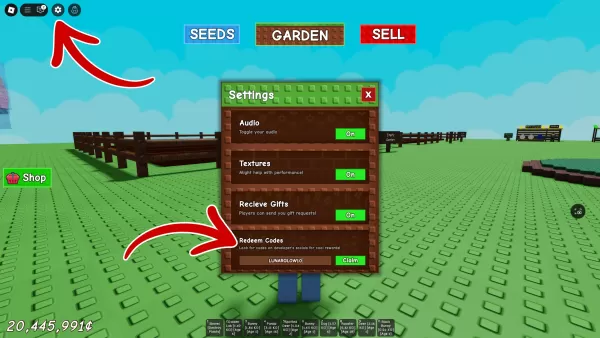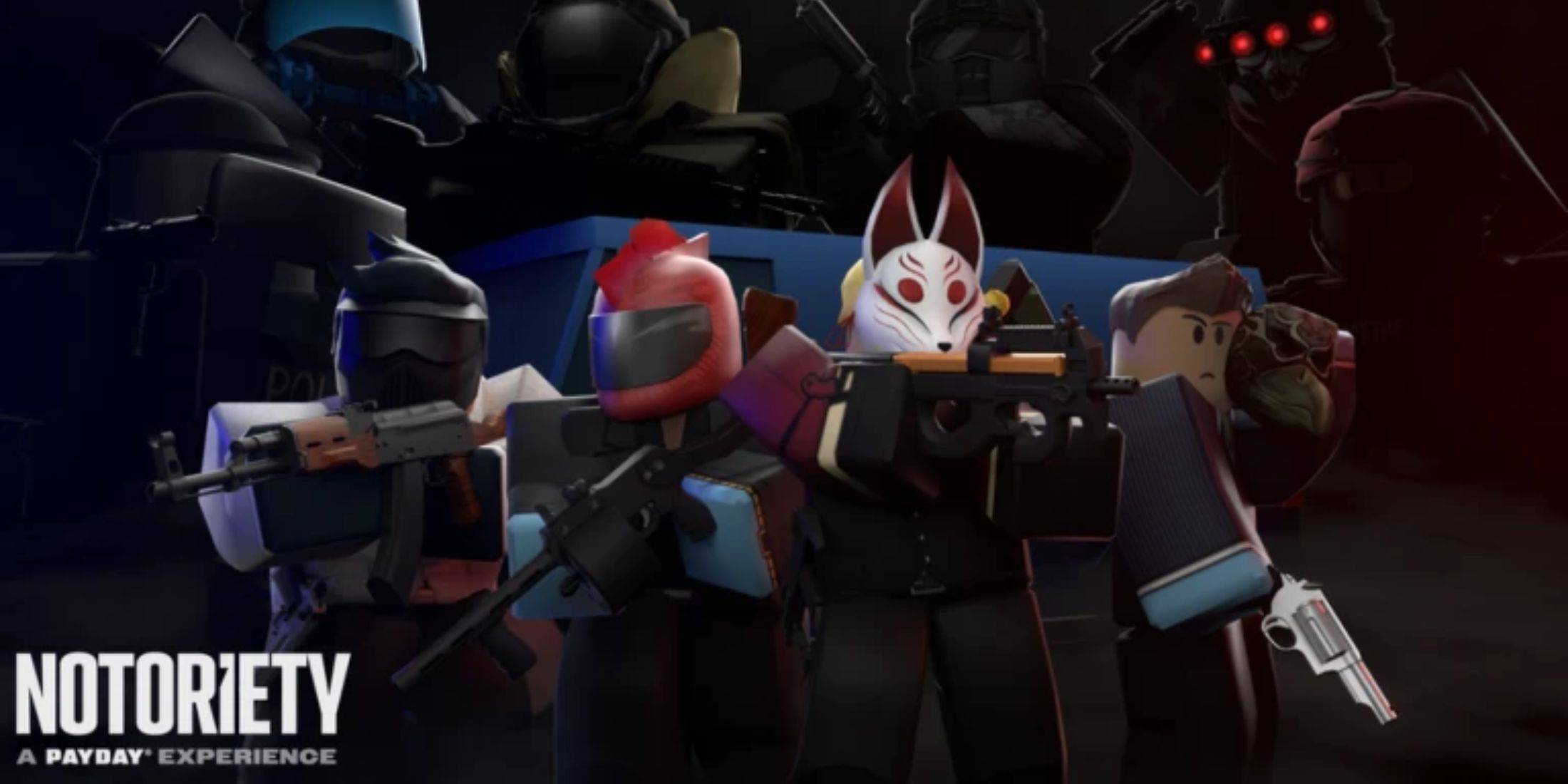The 10 Best Monster Hunter Games
Capcom's Monster Hunter franchise has captivated gamers for two decades with its thrilling blend of strategic combat and intense monster hunts. This ranking considers only the "Ultimate" versions of each game to provide a fair comparison.
10. Monster Hunter: The original, released in 2004, laid the groundwork for the series. While its controls and instructions may feel dated, the core gameplay remains engaging. Its online focus, though servers are largely defunct outside Japan, highlights its pioneering role in online gaming.
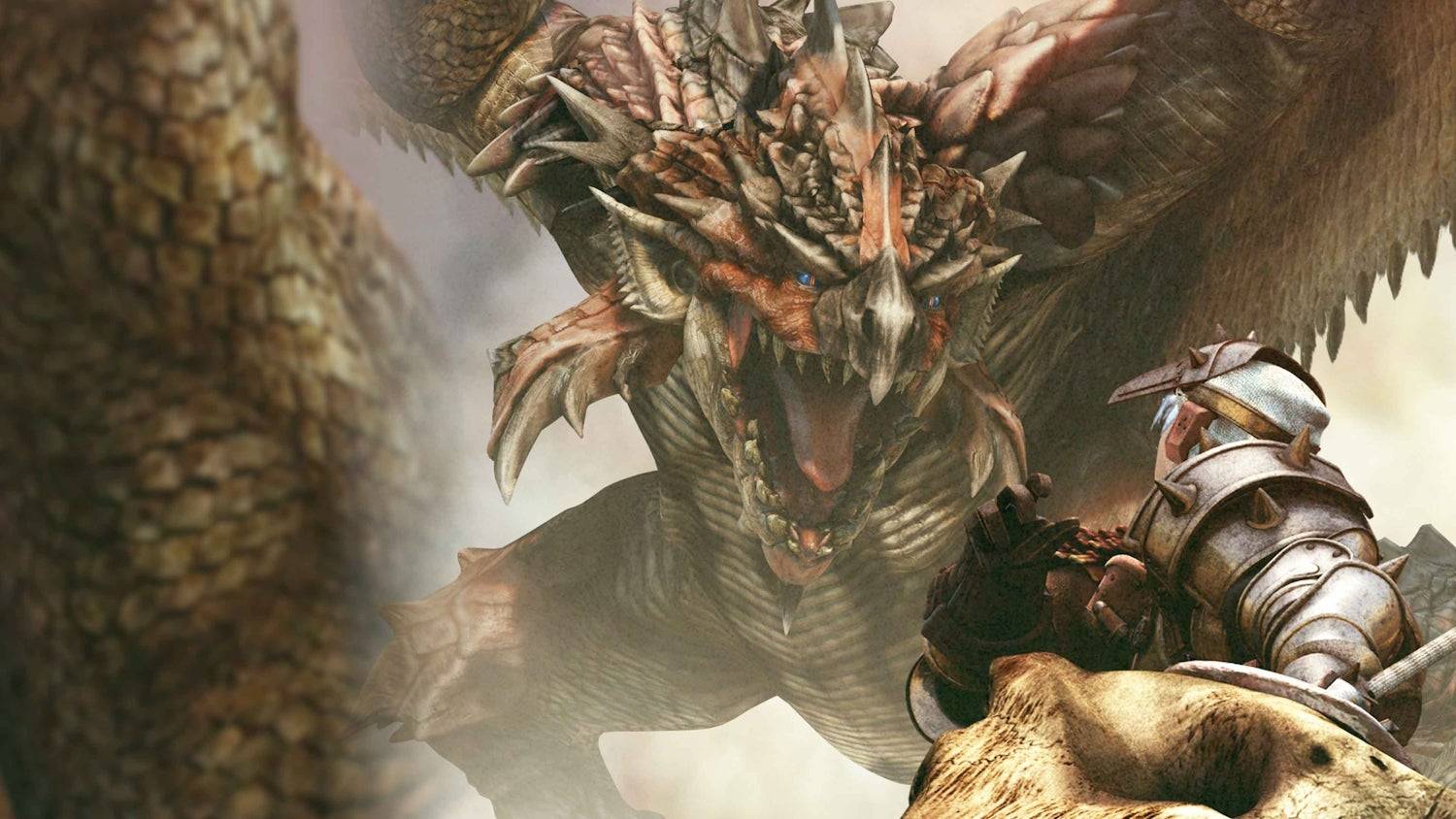
9. Monster Hunter Freedom: This 2006 PSP title, an enhanced version of Monster Hunter G, brought the series to handhelds, expanding its reach and emphasizing cooperative play. Despite dated controls and camera, its portability was a significant step for the franchise.
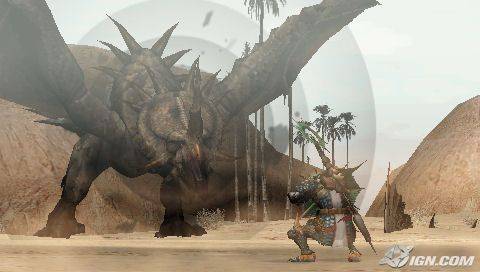
8. Monster Hunter Freedom Unite: A massive expansion of Monster Hunter Freedom 2, this 2009 release introduced iconic monsters like Nargacuga and the beloved Felyne companions, enhancing the overall experience.
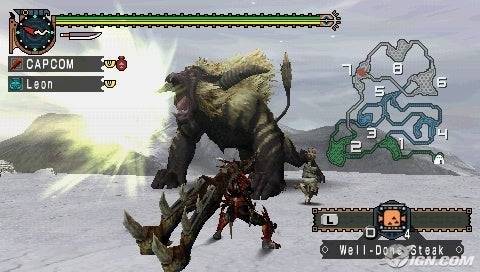
7. Monster Hunter 3 Ultimate: A refined version of Monster Hunter Tri (2010), this 2013 release boasted a streamlined experience, new monsters, and the return of several weapon types. Underwater combat added variety, although camera control remained a challenge.
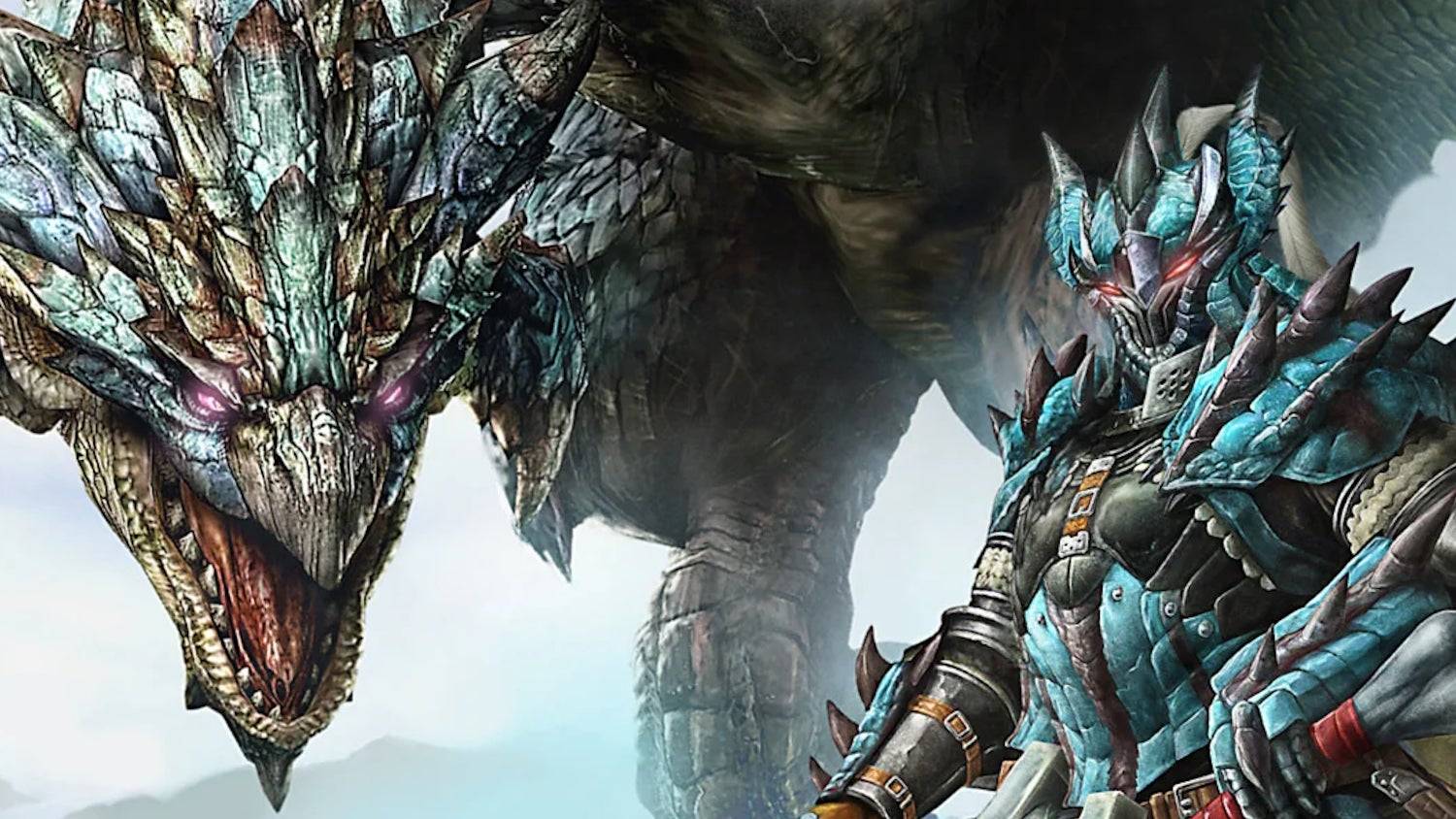
6. Monster Hunter 4 Ultimate: This 2015 title introduced dedicated online multiplayer, a significant improvement for the series. Apex Monsters provided challenging endgame content, and vertical movement expanded gameplay possibilities.
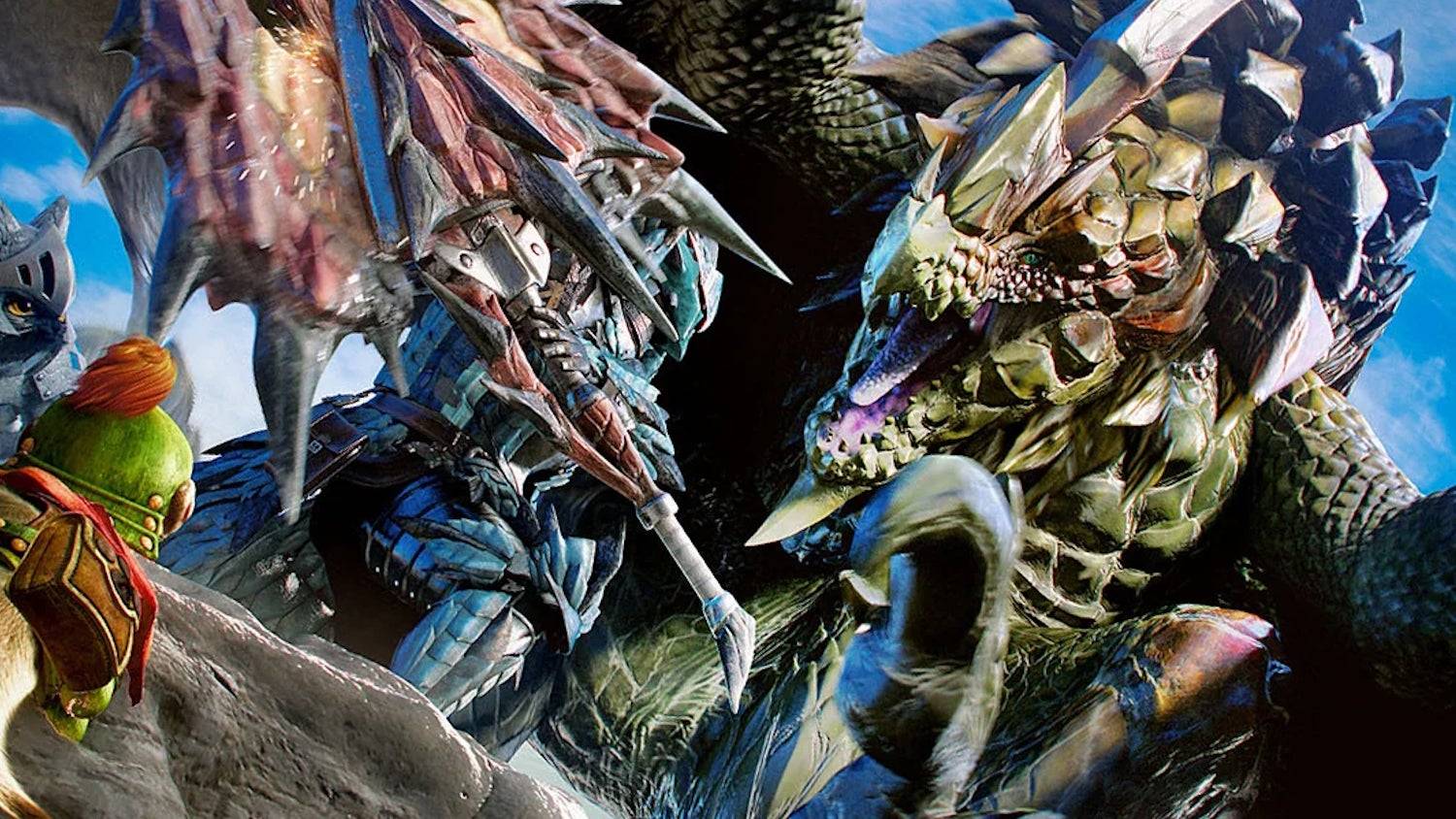
5. Monster Hunter Rise: Returning to handhelds in 2021, Rise refined the formula, offering a faster pace and streamlined features. Palamutes (rideable canine companions) and Wirebug mechanics enhanced mobility and combat.
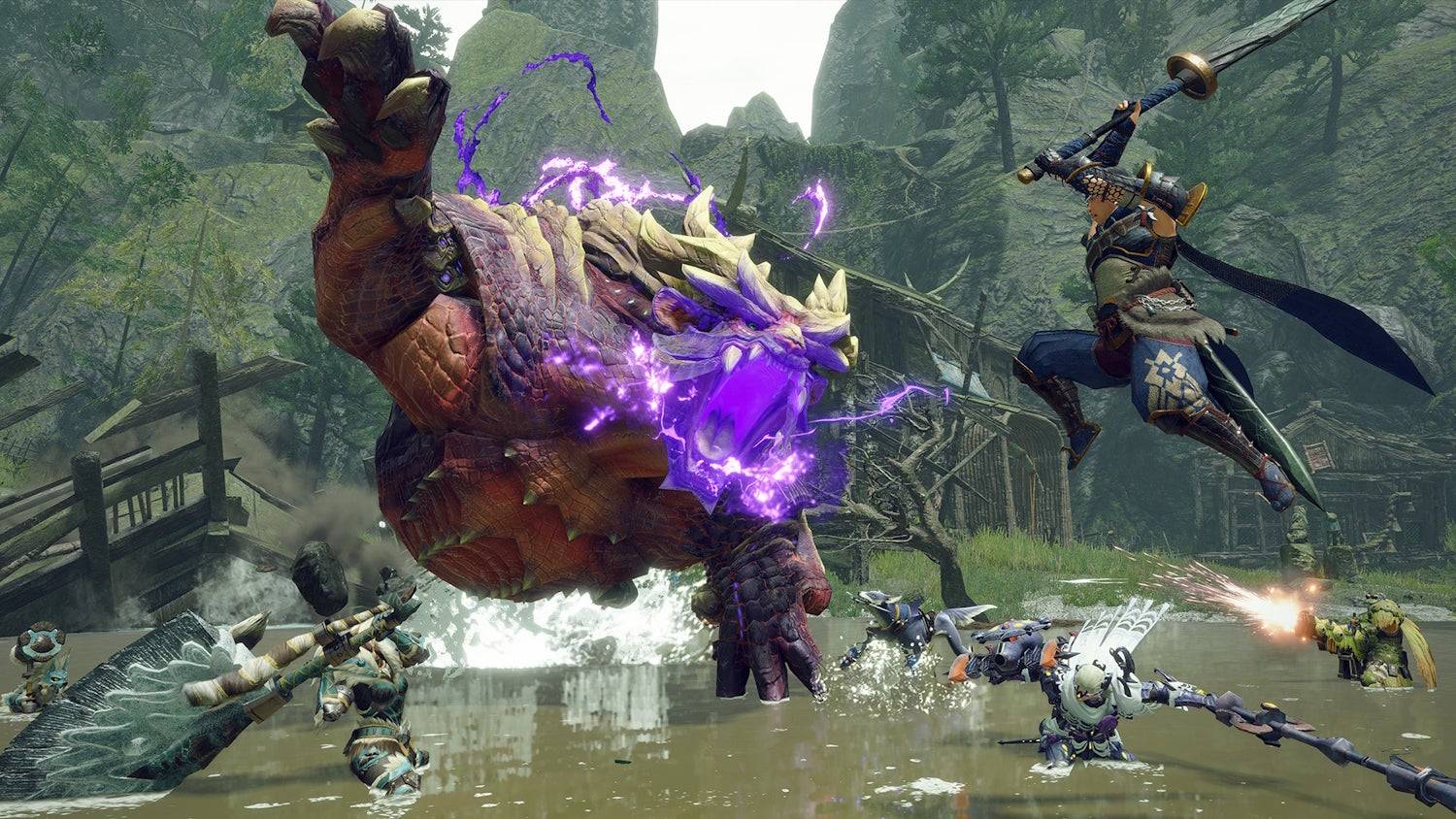
4. Monster Hunter Rise: Sunbreak: The 2022 expansion to Rise introduced a gothic-themed location, new monsters, and a revised weapon system. The challenging endgame content and stunning visuals significantly enhanced the experience.
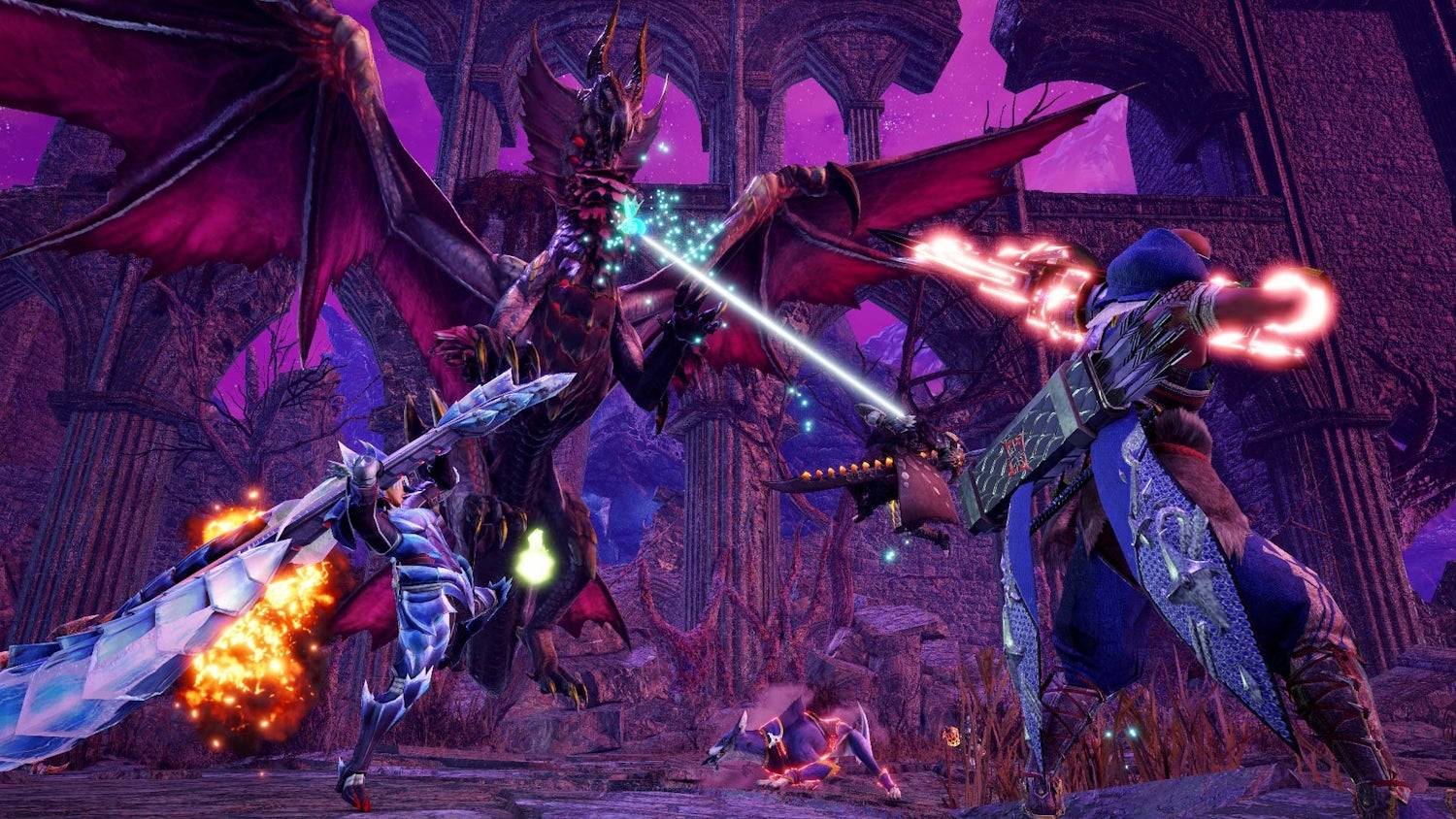
3. Monster Hunter Generations Ultimate: Released in 2018, this title boasts the largest monster roster in the series (93 large monsters). Hunter Styles added significant customization options, dramatically altering gameplay.
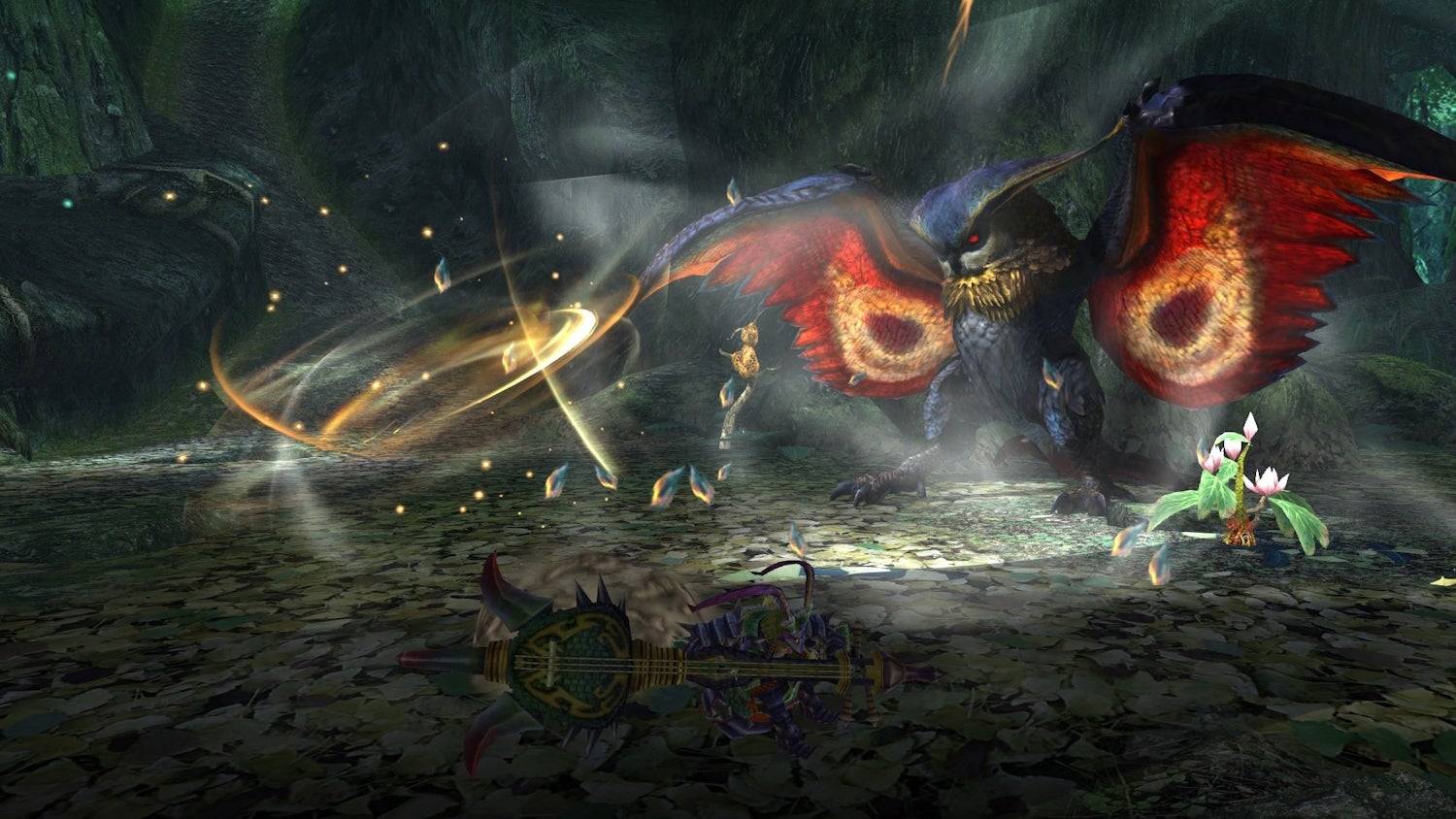
2. Monster Hunter World: Iceborne: This 2019 expansion to Monster Hunter: World is a substantial addition, feeling like a full sequel. The Guiding Lands provided a cohesive experience, and new monsters like Savage Deviljho and Velkhana elevated the challenge.
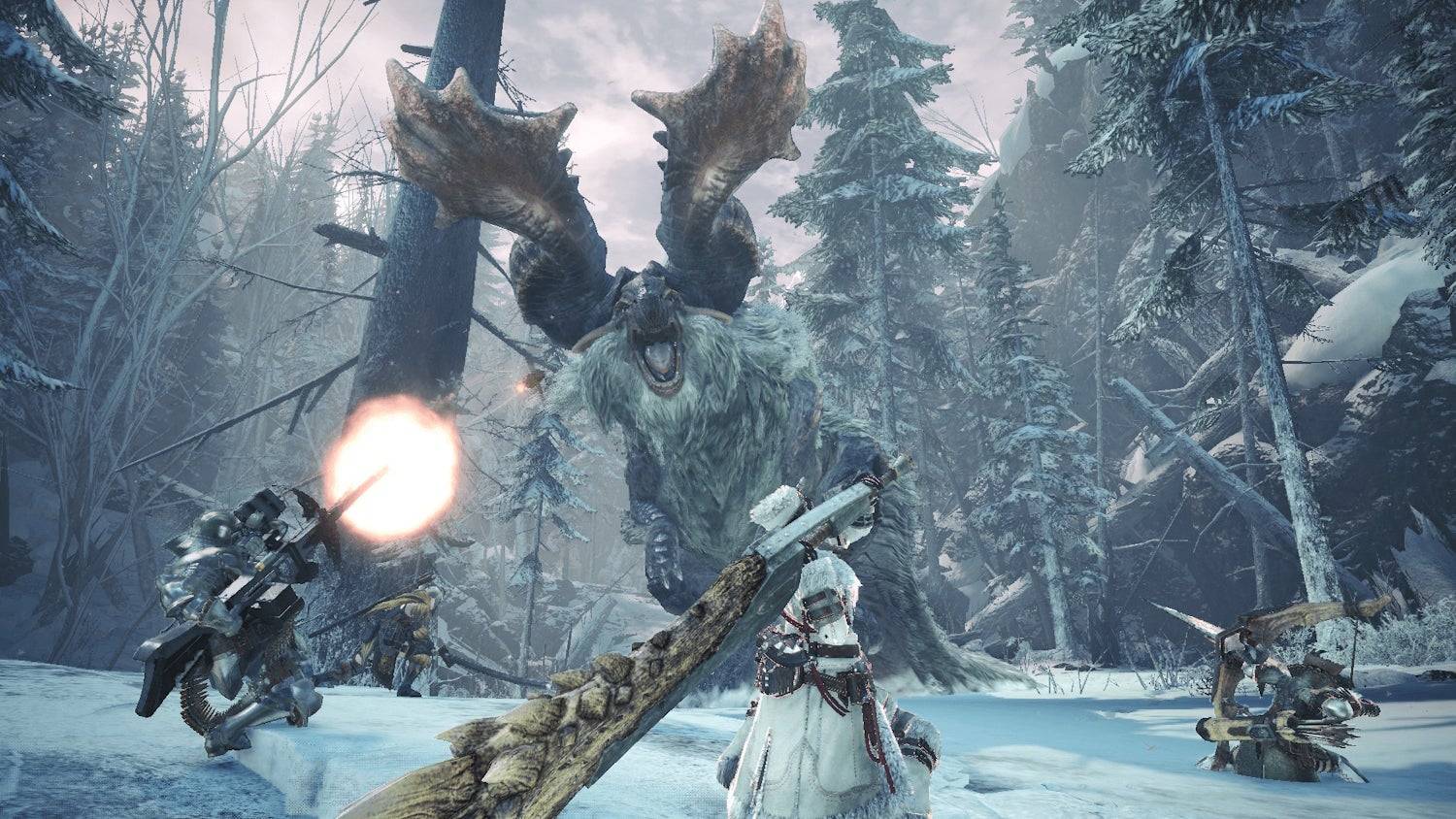
1. Monster Hunter: World: The 2018 release catapulted the series to global popularity. Its massive open zones, emphasis on monster tracking, and breathtaking environments create an unparalleled sense of scale and immersion.
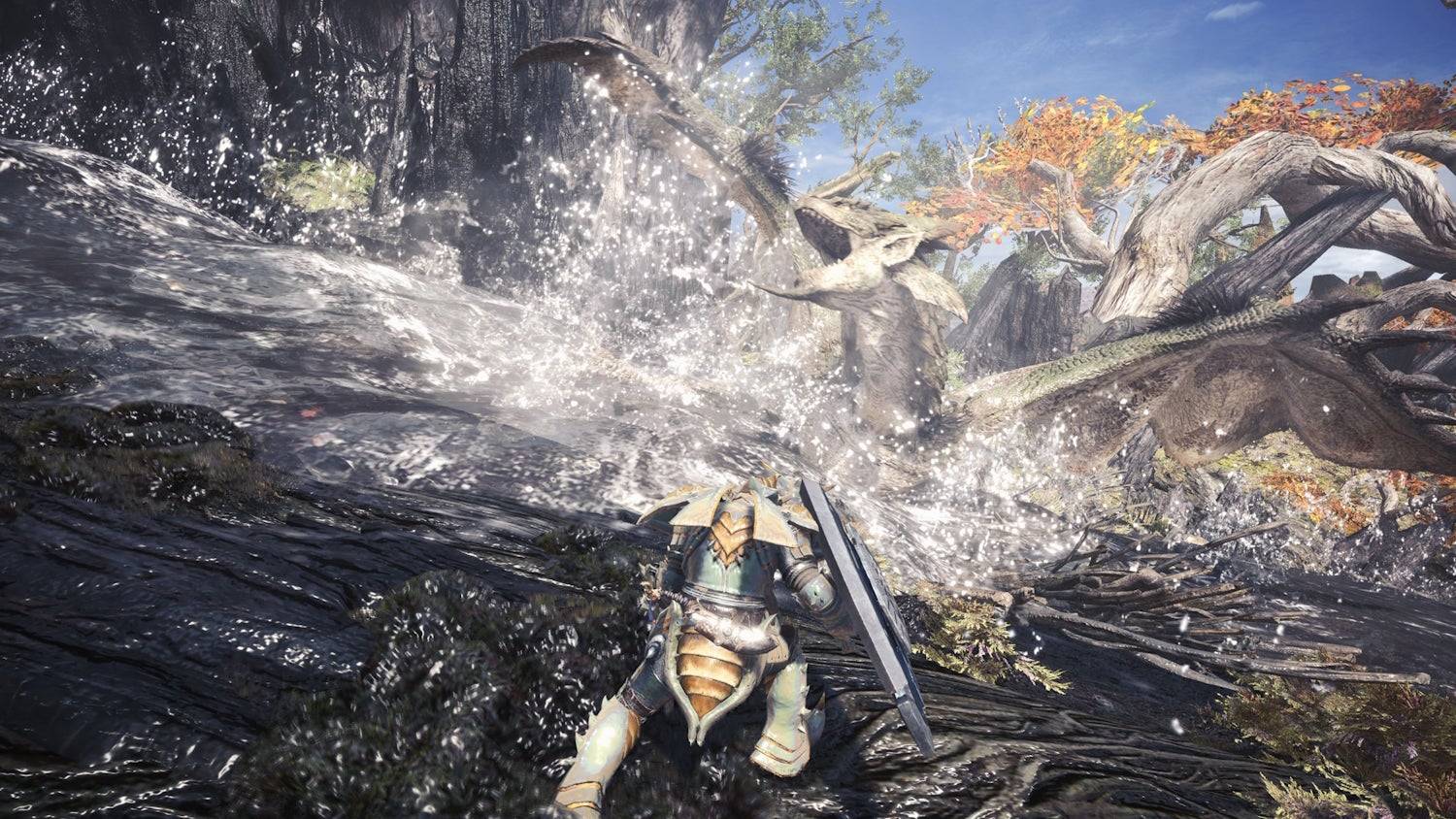
This ranking reflects a balance of innovation, gameplay, and overall impact on the series. The anticipation for Monster Hunter Wilds is high, and its potential to disrupt this ranking remains to be seen.
-
Adapted from a popular Webtoon, Hardcore Leveling Warrior is an upcoming action RPG.Global pre-registration is now live ahead of its launch on iOS and Android devices.Dive into idle RPG mechanics, competitive PvP, and more exciting features!Another dAuthor : Patrick Feb 18,2026
-
Following the success of Pocket Zone, Go Dreams returns with its sequel. Currently in early alpha testing for Android, Pocket Zone 2 is developed by two indie creators behind the Pocket Survivor series. Pocket Zone 2 Expands into Survival RPG TerrAuthor : Hannah Feb 18,2026
-
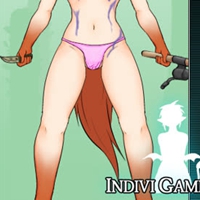 Lust Doll Plus (r66.1)Download
Lust Doll Plus (r66.1)Download -
 Southern PokerDownload
Southern PokerDownload -
 Fruit Summer Slots MachineDownload
Fruit Summer Slots MachineDownload -
 Tarot Offline - Card GameDownload
Tarot Offline - Card GameDownload -
 Virtuelles Casino - Craps Spiel OnlineDownload
Virtuelles Casino - Craps Spiel OnlineDownload -
 BrazilyaDownload
BrazilyaDownload -
 Battle Angel Moe moe arena-Download
Battle Angel Moe moe arena-Download -
 Sandy BayDownload
Sandy BayDownload -
 Spell CastersDownload
Spell CastersDownload -
 Brain Puzzle - IQ Test GamesDownload
Brain Puzzle - IQ Test GamesDownload
- Black Ops 6 Zombies: How To Configure The Summoning Circle Rings on Citadelle Des Morts
- Roblox: Latest DOORS Codes Released!
- Harvest Moon: Lost Valley DLC and Preorder Details Revealed
- Silent Hill 2 Remake Coming to Xbox and Switch in 2025
- Roblox: Blox Fruits Codes (January 2025)
- Roblox: Freeze for UGC Codes (January 2025)

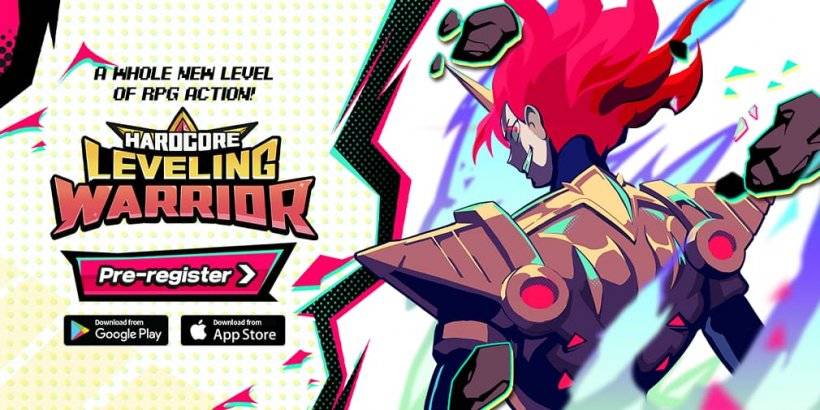

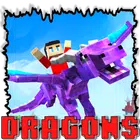
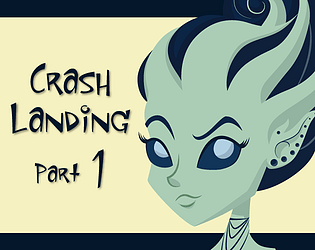



![Taffy Tales [v1.07.3a]](https://imgs.ehr99.com/uploads/32/1719554710667e529623764.jpg)



